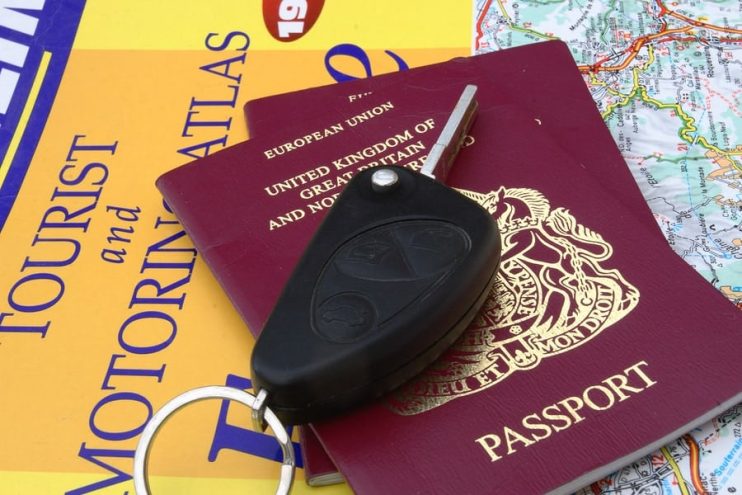
Whether you are thinking of driving your own car on a holiday or hiring a car for a business trip, there are a number of factors you have to take into account when on foreign roads. Everyone knows that each separate nation has varying laws and this is no different on their highways.
Whilst the principles of driving still remain the same, it pays to acclimatise yourself with the specific laws and even the driving culture of your driving destination.
Driving abroad may seem daunting at first, but as long as you know the basics and how to prepare for the differences, it can be a worthwhile and rewarding experience. After all, there’s no better way to explore foreign climes.
Our driving abroad guide gives you a great introductory guide into everything you need to consider when thinking of getting behind the wheel overseas, to get you prepared for almost any eventuality.
Table of contents:
- General Advice
- Driving on the Wrong Side of the Road
- Taking your Own Car
- Insurance
- Driving Permits
- Other Documentation
- Country Specific Information
- Driving in Other Countries
- A Final Note
General Advice
There are some tips that are applicable no matter where you are driving in the world. This is our basic checklist of points to help you stay safe on other country’s roads…
- Always check which side of the road vehicles drive on in your location. Be aware that this may change as you move over borders.
- Driving culture differs from place to place, in some European countries drivers are more likely to be aggressive, so be prepared for some behaviour that you might not get in the UK.
- Speed limits differ all over the globe, make sure that you are aware of what’s expected of you and watch out for other vehicles moving more quickly than you.
- Satnav is one essential piece of kit that you must have when travelling from A to B. Relying on local knowledge, maps and non-existent road signs can be a time consuming process.
- Drink driving laws differ from country to country across the world, so always play it safe and do not drink any alcohol before getting behind the wheel of a car.
- In the event of an accident make sure that you remain calm, contact your insurance company immediately and take photos plus as many details as possible from the driver and the scene.
- Keep spare change in your car in different denominations allowing you to make quick and easy progress through road toll gates and bridges.
- Store emergency equipment like first aid kits, red warning triangle and high visibility vests in your car to help you in the event of a breakdown or accident. In some countries this is a legal requirement.
- Stay off your phone in most countries it is now illegal to use a hand held mobile devices, so either use a hands free kit or the Bluetooth system in your car or simply stop when it’s safe.
- Radar detectors are illegal in many European countries such as France and Spain. Having one in your car may subject you to an on the spot fine.
- Allow extra braking time – if you are loaded up with goods or luggage, putting extra momentum in your motion there will be more pressure on your brakes.
- Do the research when visiting larger cities to ensure there are no congestion charges or similar costs in driving through the city streets. Some of these locations require you to register before arriving.
- Check credit cards are accepted in petrol stations and stores in countries through which you’re driving. Simply contact your card provider to find out to avoid being stuck with no petrol or supplies.
- Investigate pet laws to ensure that you are correctly transporting animals in your vehicle if you are taking your dogs and cats on holiday. In particular quarantine regulations and papers may apply.
- Snow chains are not optional in some areas – they are compulsory. If you are travelling to colder climes make sure you know the law.
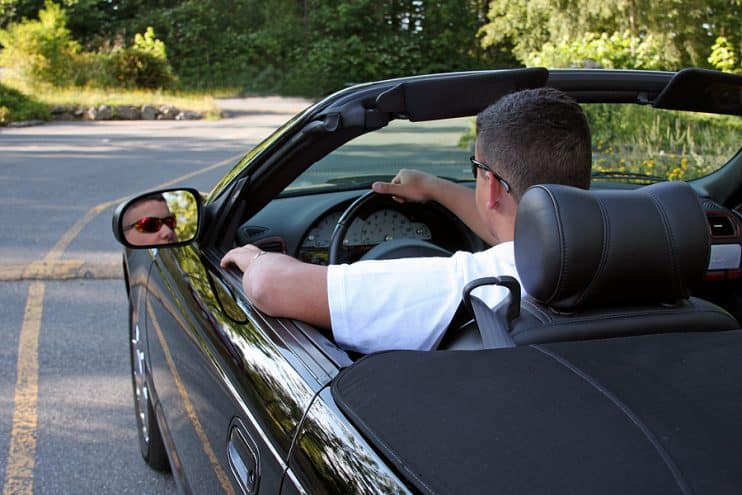
Driving on the Wrong Side of the Road
Driving on the right hand side of the road is tricky at first, but you’ll soon pick it up with a little practice. Spend some time driving around on quiet roads to get the hang of going round corners and the general feel of driving. You’ll find that you get to grips with the change very quickly, and soon you’ll be in full right hand mode.
Once you’re comfortable behind the wheel practice parallel parking, check the local laws and don’t be afraid to take a little more time doing the difficult manoeuvres on the road, such as left hand turns, roundabouts and overtaking. After a day or so you’ll be completely in your groove, but it pays to be a little more cautious at first.
- Remember to check the correct mirror and blind spot before making a turn or reversing to ensure that you’re safe to move off.
- Roundabouts use the same dynamic as you would expect in the UK, only reversed – so give way to traffic coming from the left as opposed to the right.
- Dual carriageways and motorways are the same as in the UK, requiring you to make a smooth transition between lanes. Wait until you are confident before pulling out. It’s better to stay slow.
Also remember when you return to the UK to spend a little time getting back into the swing of driving in a right hand drive car, as you will generally still be in left hand mode.
Taking Your Own Car
Of course with ferries and the Channel Tunnel it is fine to take your own car on holiday. There are a few things you should check however before you decide to put the rubber to the road in a foreign clime…
- Adjust the headlights or buy a deflectors or beam convertor kit and remember to adjust them back when you return to the UK.
- Service the car before you go on holiday as any complications with the engine or other parts could be incredibly difficult to solve.
- Perform all the usual checks such as oil, washer fluid, engine coolant and tyre pressure before you leave home on the big day.
- Remember that there are certain restrictions on some forms of transport, for instance did you know that LPG cars are not allowed on the Channel Tunnel.
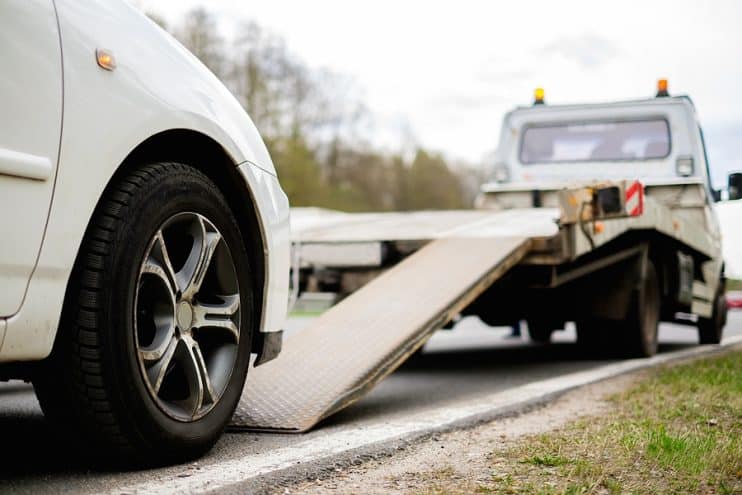
Insurance
It is vital to ensure that you have up to date insurance before embarking on your car based holiday. Make sure that your insurance doesn’t end whilst you’re overseas either. Check your own cover for driving abroad and breakdown cover is a must in case of any kind of emergency.
Remember to bring all the appropriate documents with you as you won’t want to be caught out if the worst happens. It’s not only car insurance you need to worry about either, be sure to have holiday cover and when hiring a car don’t forget that collision damage waiver. Getting caught out without this vital piece of paperwork could cost you a small fortune.
Driving Permits
It is definitely worth noting that you may require an international driving permit to be in control of a car overseas. You can find out more information on the UK’s post office website, where you can check if you need this piece of documentation alongside signing up for one if you do in fact need it. The link is here and the form takes about five minutes of your time to fill out.
Other Documentation
When you’re driving overseas it’s vital not to forget any of the additional paperwork you might require, so remember to take the following with you:
- European health insurance card
- Driving license
- Passport
- Camping card this can give you discounts and liability insurance
- Visa documentation where required

Country Specific Information
Driving in France
- Blood alcohol limit is 50mg per 100ml blood
- The law dictates that you carry an NF approved breathalyser to check that you are not over the limit behind the wheel.
- Watch out for refugees and migrants around Calais who might try to stow away in your car or try to bribe you into providing transport.
Driving in Spain
- Blood alcohol limit is 50mg per 100ml blood, however for drivers with less than two years’ driving experience this is 20mg per 100ml blood.
- Drivers are expected to carry two red warning triangles.
- If you are visually impaired, including short and long sighted you are required to have a spare pair of glasses.
- All cars must have a spare wheel in case of emergency – not only a kit or fixing pump.
- The vehicle must also have spare bulbs for the lights together with the tools to fit them.
Driving in Italy
- Blood alcohol limit is 50mg per 100ml of blood. If you have held a driving license for less than 3 years no alcohol is permitted in your bloodstream whatsoever.
- If you get out of your vehicle at the side of a public highway then you are required by law to wear a high visibility jacket.
- When travelling on motorways and major roads outside cities, you must use dipped headlights at all times.
Driving in Portugal
- The alcohol limit is 50 mg per 100 ml above – if you are caught over this limit you can be fined up to €1,250 and will have your license suspended for anywhere between 1 and 12 months.
- On the spot fines must be paid in Euros. Many traffic police vehicles now have payment processing units. Your car could be confiscated if you cannot pay your fine.
- A reflective vest must be carried in the vehicle at all times, which must be accessible in the body of the car, not kept in the boot.
- Vehicles must be parked in the same direction as traffic. Do not park within 18m of an intersection, 15 m of a bus stop or 3m of a tram stop.
Driving in USA & Canada
- The most common blood alcohol limit is 80mg per 100ml blood, but this can vary from State to State so it is best to check if you must have a drink whilst driving.
- Undertaking is a legal driving move in the US, be prepared for it and if you are constantly undertaken then change lanes.
- Right turns are allowed at red lights unless there is the appropriate sign prohibiting this manoeuvre. Be sure to stop and only proceed when you are satisfied the way is clear.
- Every State has its own speed limits. Be sure to double check signs when you cross a state line.
Driving in Australia
- The blood alcohol limit is 50mg per 100ml blood. For drivers under the age of 25 and those with less than 3 years’ experience, this drops to 20mg per 100ml of blood.
- When heading into the Outback it is essential to plan properly and take all the necessary resources. Seek local advice about specific and unseen road conditions and inform local tourist authorities and your hotel about your travel plans and expected arrival times.
Driving in New Zealand
- The strictly enforced alcohol limit in New Zealand is 80mg per 100ml.

Driving in Other Countries
When driving in other countries you may find yourself filling up at petrol stations with little or no signage indicating what type of fuel is on sale. Sometimes petrol and diesel will be dispensed via containers including buckets. Make sure you check with any rental companies as to what fuel the vehicle takes, giving you any local terms necessary to help employees in rural areas understand your request.
Additionally expect the following situations amongst others overseas:
- Greece – police may confiscate your number plates.
- Latin America – there may be problems with the police that require you to pay bribes even when there is no infraction.
A Final Note
No matter where you are driving, a calm and patient attitude and a non-aggressive style behind the wheel are sure to help you avoid difficult confrontational situations. Road rage is a universal phenomenon and it is always better to avoid a situation than have to defuse one later.


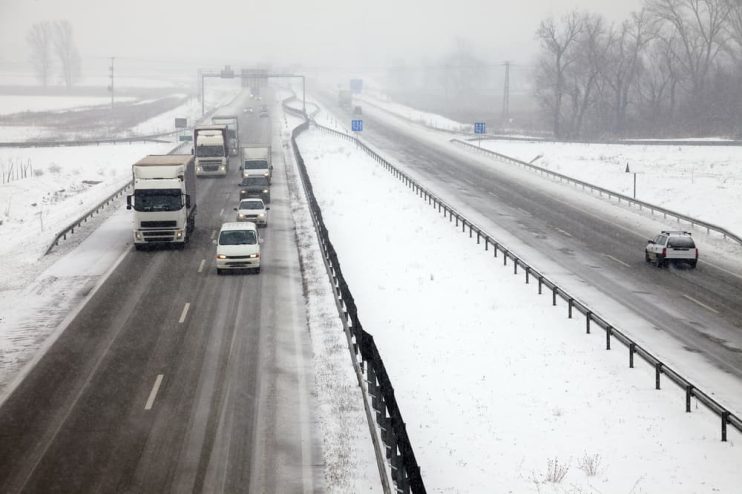


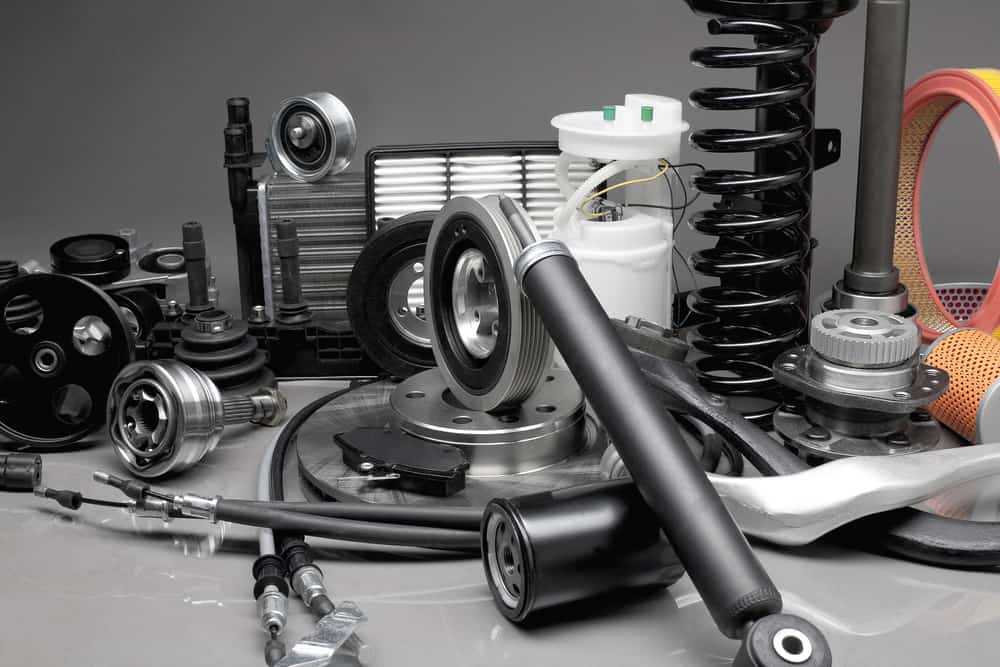





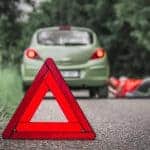

.png)